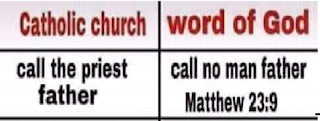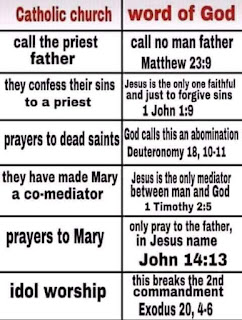Elise Finch, an Emmy-winning meteorologist who graced the screens of CBS New York for over a decade, is remembered fondly one year after her unexpected passing at the age of 51. Her sudden departure left a void not only within the CBS family but also in the hearts of viewers who had come to rely on her weather forecasts and warm presence.
Elise's journey as a meteorologist was marked by her passion for science and her commitment to community involvement. A Mount Vernon native, she grew up in a family that emphasized the importance of giving back, a value she carried throughout her life. Her work extended beyond the television screen, as she actively supported initiatives that empowered young girls to pursue careers in science, technology, engineering, arts, and mathematics (STEAM).
Her colleagues at CBS New York remember her as a consummate professional who brought meticulous care to her work. Elise was not just a meteorologist; she was a storyteller who could translate the complex science of weather into understandable and engaging narratives for her audience. Her ability to communicate effectively made her a trusted figure, especially during severe weather events when clear information was crucial.
Beyond her professional achievements, Elise was a loving mother to her daughter Grace and a devoted wife to Graig Henriques, a photojournalist at WCBS. Her family remembers her as a beacon of love and strength, and they continue to honor her legacy by supporting the causes she held dear.
Elise Finch's Memorable Moments: A Legacy of Inspiration and Joy
Elise Finch, the Emmy-winning meteorologist who became a household name in New York, left behind a legacy filled with memorable moments that touched the lives of many. Her career at CBS New York was not just about delivering weather forecasts; it was about making a genuine connection with her audience and community.
One of Elise's most notable contributions was her dedication to empowering young girls through science and education. She was a fervent supporter of programs like G.O.O.D. For Girls, which focuses on STEAM—science, technology, engineering, art, and math. Elise believed in the potential of every girl to succeed in these fields and worked tirelessly to make that a reality.
Her love for music was another aspect of her life that resonated with many. Elise was known for her deep appreciation of music, especially her admiration for Janet Jackson. She often shared this passion with others, whether it was through attending concerts or discussing her favorite songs and artists. Her enthusiasm for music was infectious and showcased her multifaceted personality.
Elise's ability to communicate complex meteorological data in an engaging and accessible manner was one of her strengths. She had a unique talent for storytelling, which allowed her to explain the science behind the weather in a way that everyone could understand. This skill made her an invaluable asset during severe weather events, where she provided clarity and reassurance to her viewers.
Above all, Elise's memorable moments are defined by the love she had for her family. Her role as a mother to her daughter Grace and as a wife to her husband Graig was central to her life. The stories she shared about her family brought warmth and relatability to her public persona, making her not just a meteorologist but a cherished member of the community.
Elise Finch's life was a tapestry of memorable moments that continue to inspire and influence those she left behind. Her commitment to education, her passion for music, her excellence in meteorology, and her devotion to her family are the pillars of her enduring legacy. As we remember Elise, we celebrate the joy she brought into the world and the positive impact she made on so many lives. Her memory lives on as a beacon of hope and inspiration for future generations.
The impact of Elise's work and her dedication to her community are lasting. Programs like G.O.O.D. For Girls, which Elise supported, continues to inspire and educate young minds, fostering the next generation of scientists and meteorologists. Her influence is evident in the lives she touched, and her memory serves as a guiding light for many.
Elise Finch's life was a testament to the power of passion, dedication, and kindness. As we reflect on her contributions and the joy she brought to so many, we are reminded of the profound effect one individual can have on their community and beyond. Her legacy endures, inspiring us all to live with purpose and to make a positive difference in the world.













